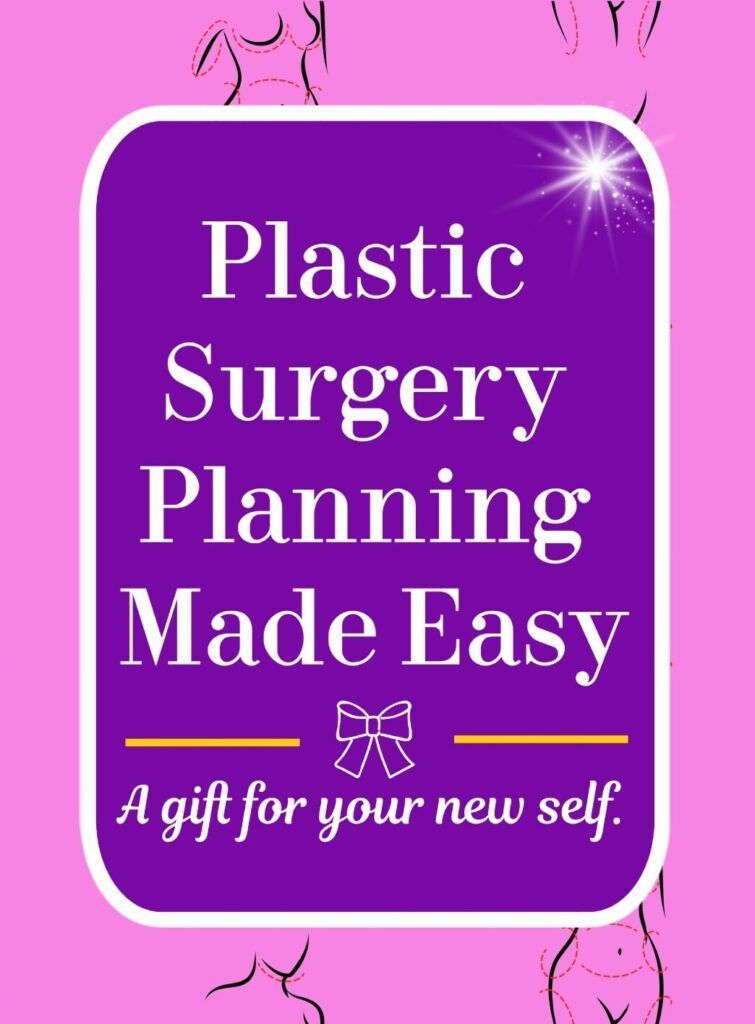Lately, there has been a lot of buzz about board certification and plastic surgeons and if it really matters? What potential patients really want to know is if having a board certified plastic surgeon will guarantee their safety and a picture-perfect body at the end of their plastic surgery journey. The truth is, there are no guarantees in life. With plastic surgery, there is always the possibility complications will occur even when the plastic surgeon and patient did their part. Also, factors such as environment and genetics can influence physical outcomes.
However, there are two things patients can do to improve the probability of a safe and happy end to their plastic surgery journey. First, they can choose a plastic surgeon trained in a plastic surgery residency that is board certified. Second, they can take every necessary step to ensure they are a good candidate for surgery.
Board certification in plastic surgery is optional for plastic surgeons, but it speaks volumes about their training, knowledge, skill, and experience.
What is Board Certification?
Board certification in plastic surgery is the stamp of approval for plastic surgeons by the American Board of Plastic Surgery (ABPS). Board certified plastic surgeons have demonstrated through exams, evaluations, and continuous learning they are among the best at what they do.
All doctors trained in the United States must attend medical school and complete a residency in order to become licensed. Plastic surgeons trained in residency programs accredited by the Accreditation Council for Graduate Medical Education have completed either (1) 6 years of training in a plastic surgery residency, or (2) 3 years of training in a surgery residency and 3 years of training in a plastic surgery residency. Further, throughout the residency, the knowledge, skills, attitudes, and performance of the resident surgeon are continuously measured.
After residency, plastic surgeons have the option of gaining experience and applying for board certification with the ABPS, or working with patients without certification. Additionally, they have the option of applying for a fellowship, which offers additional levels of training and expertise.
The only board recognized by the American Board of Medical Specialties for certifying plastic surgeons is the American Board of Plastic Surgery.
What Does Board Certification Tell You About a Plastic Surgeon’s Training?
Plastic surgeons who complete residencies approved by the Accreditation Council of Graduate Medical Education have the training necessary to successfully perform plastic surgery on patients. However, in addition to the training, plastic surgeons applying for board certification must pass comprehensive written and oral tests that cover all areas of plastic surgery including cosmetic and reconstructive surgery. At the end of the day, they prove they have the knowledge, skills, and training to deliver the best patient results. Additionally, all board certified plastic surgeons are required to perform surgeries in accredited outpatient surgical centers. Click here to learn more about facility accreditation.
As mentioned earlier, board certification requires formal training in accredited six-year plastic surgery residencies. Medical doctors without this training cannot apply. This information should help you make an informed decision.
To Put It Another Way
To be eligible to apply for board certification, surgeons have to:
- Have a valid, unrestricted license in the state where they practice
- Participate in educational and self-assessment programs established by the American Board of Plastic Surgery
- Be evaluated where they work and use the information from the evaluations to improve their level of care
- Have experience as a plastic surgeon and/or cosmetic surgeon
The Case for Board Certification
Board certification shifts doctors from practicing medicine based on what they believe is appropriate to practicing medicine based on what evidence has proven works. The goal of board certification is to ensure patient safety by lowering death rates and reducing preventable errors and complications.
When you choose a plastic surgeon who is board certified by the American Board of Plastic Surgery, you have the comfort of knowing your plastic surgeon possesses superior medical knowledge in the area of plastic surgery. Also, they have shown they are able to deliver exceptional patient care, understand the importance of honoring the choices and rights of their patients, and are able to talk to patients about what is best for them.
The ABPS ensures board certified plastic surgeons are professional and are continuously learning about changes and developments in the field of plastic surgery in order to provide better care.
Final Thoughts
If after reading this blog, you decide to hire a plastic surgeon who is not board certified, that’s ok. Just know, you will have to trust they can deliver on your expectations for safety and results based on your research and experience.
This article is a brief overview of board certification. For more information, please consult the American Board of Plastic Surgery.






